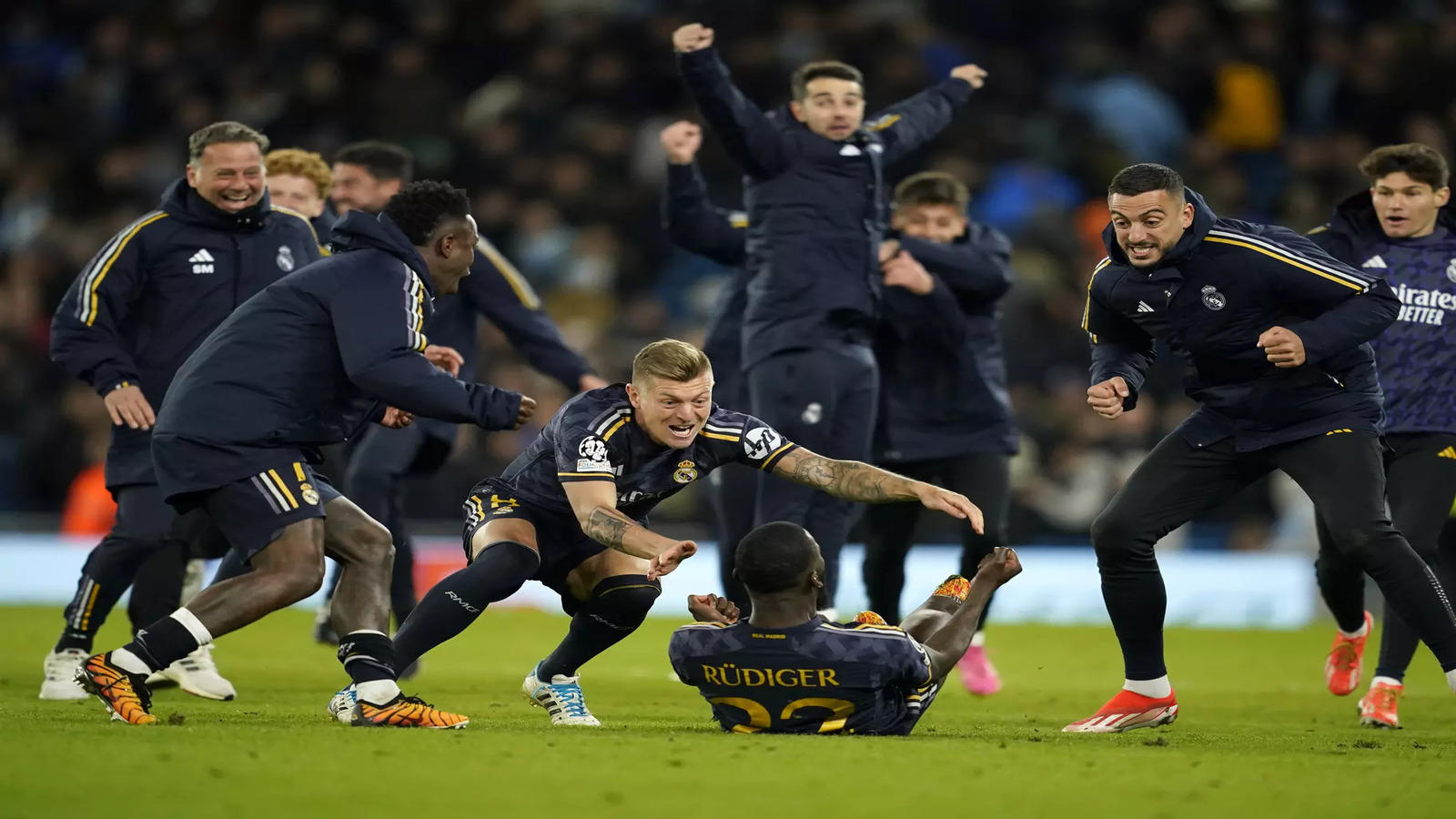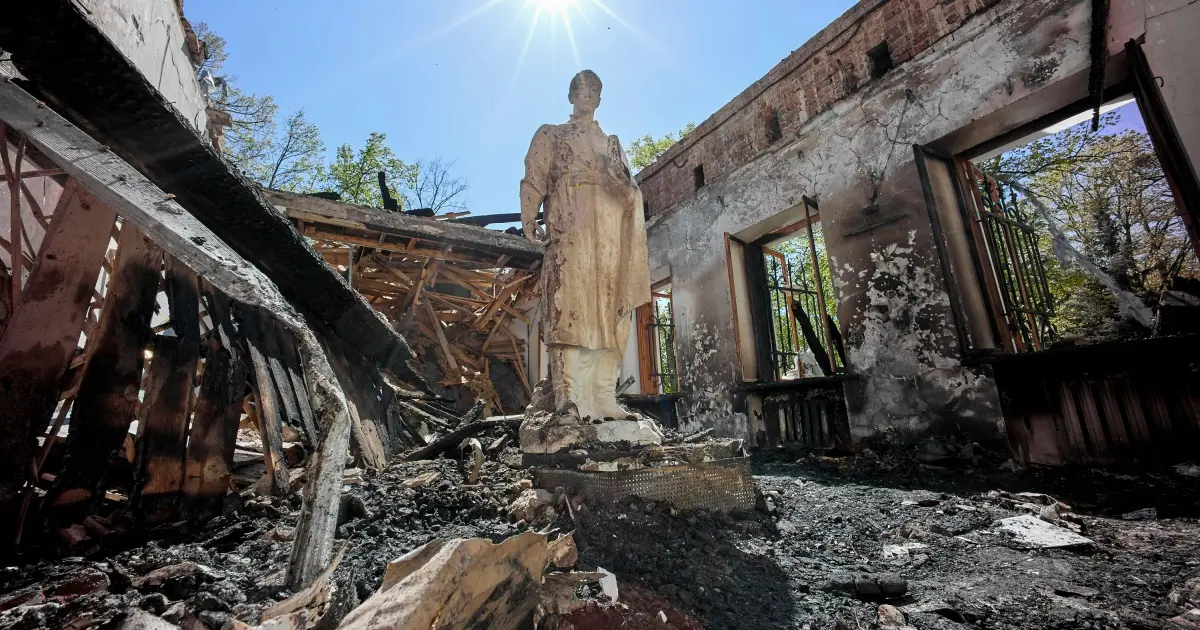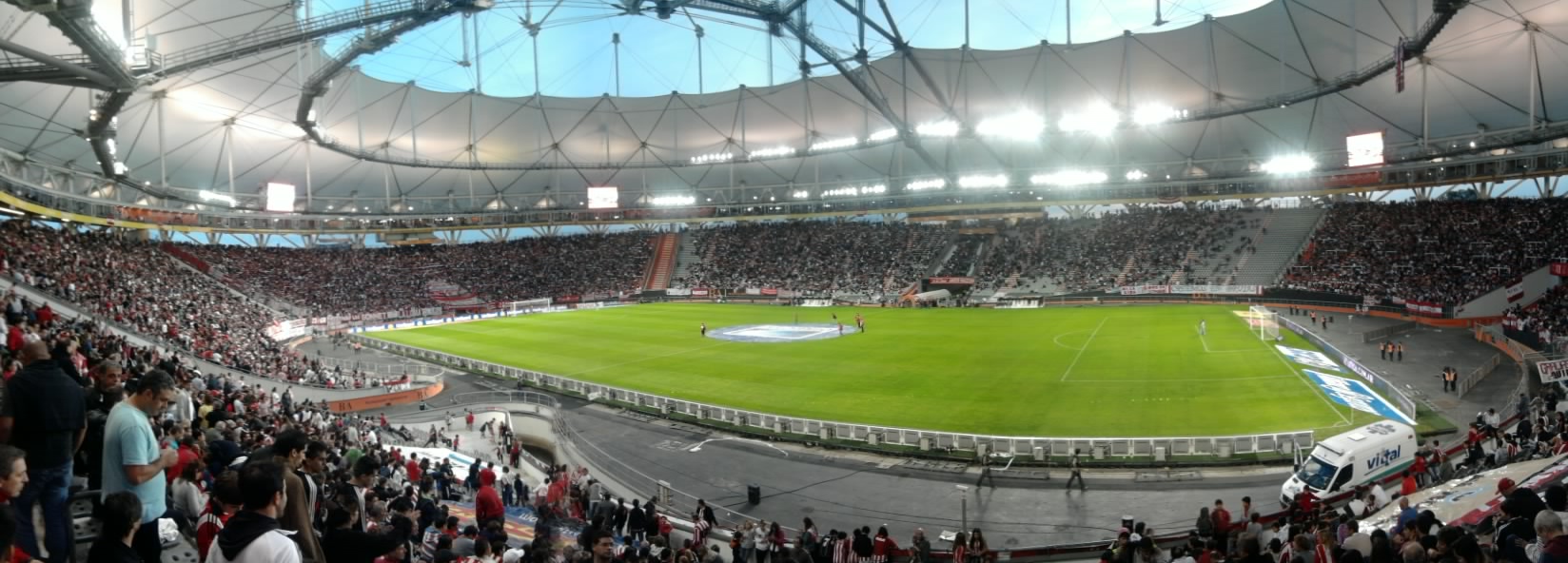Introduction
Football, often referred to as the beautiful game, is a sport rich with history, passion, and drama. Few matches capture the essence of this more than the infamous 2011 relegation playoff between Club Atlético River Plate and Club Atlético Belgrano. This clash, known for its intensity and monumental implications, remains etched in the annals of Argentine football history. This essay delves into the historical context, the buildup, the matches themselves, and the aftermath of this epic encounter, illustrating why it holds such a significant place in the hearts of football fans worldwide.
Historical Context

River Plate: A Storied Legacy
Club Atlético River Plate, founded in 1901, is one of Argentina’s most successful and prestigious football clubs. With numerous domestic titles and international honors, including Copa Libertadores victories, River Plate is synonymous with excellence in Argentine football. Their home ground, Estadio Monumental, is an iconic venue that has witnessed countless memorable moments.
Belgrano: The Underdog
On the other hand, Club Atlético Belgrano, founded in 1905 and based in Córdoba, has often been overshadowed by the giants of Argentine football. Known as “El Pirata” (The Pirate), Belgrano has a passionate following but has historically struggled to achieve the same level of success as River Plate. This dynamic set the stage for a classic David versus Goliath showdown.
The 2010-2011 Season: A Prelude to Disaster
The 2010-2011 Argentine Primera División season was tumultuous for River Plate. Despite their storied past, the club found itself in an uncharacteristically precarious position. Struggling with poor form and inconsistent performances, River Plate faced the grim possibility of relegation for the first time in their illustrious history.
River Plate’s decline was not sudden but rather a culmination of several seasons of underperformance. The Argentine league’s relegation system, which averages points over three seasons, meant that River’s previous campaigns weighed heavily against them. By the season’s end, River Plate was forced into a playoff to retain their top-flight status.
The Build-Up: Tension Mounts
The relegation playoff pitted River Plate against Belgrano, who had finished fourth in the Primera B Nacional, the second tier of Argentine football. The first leg was to be played in Córdoba at Belgrano’s Estadio Gigante de Alberdi, with the return leg at River’s Monumental.
In the lead-up to the matches, tension was palpable. River Plate fans, accustomed to dominance, were unprepared for the reality of potential relegation. Belgrano, on the other hand, saw an opportunity to achieve a historic promotion. The media coverage was intense, with every detail scrutinized and every angle analyzed.
The First Leg: Shock and Awe

The first leg took place on June 22, 2011, in Córdoba. Belgrano, buoyed by their passionate supporters, played with determination and fearlessness. River Plate, conversely, seemed burdened by the weight of expectations. The match began with both teams testing each other, but it quickly became apparent that Belgrano was the more composed side.
In the 26th minute, César Mansanelli scored the opening goal for Belgrano, sending the home crowd into raptures. River Plate’s defense was shaky, and their attack lacked cohesion. Just before halftime, Belgrano doubled their lead through a goal by César Pereyra. The 2-0 scoreline at halftime was a shock to many but reflected Belgrano’s superior performance.
The second half saw River Plate attempt to claw back into the match, but their efforts were thwarted by a resilient Belgrano defense. The match ended 2-0, leaving River Plate with a mountain to climb in the second leg.
The Return Leg: The Monumental Meltdown
The return leg on June 26, 2011, at Estadio Monumental was one of the most highly anticipated matches in Argentine football history. River Plate needed a significant turnaround to avoid relegation. The atmosphere was electric, with over 60,000 fans packing the stadium, hoping for a miracle.
River Plate started the match with intensity and urgency. In the sixth minute, Mariano Pavone scored to give River Plate hope. The early goal ignited the crowd and spurred the team forward. However, Belgrano’s defense held firm, and as the minutes ticked away, the pressure on River Plate mounted.
In the 62nd minute, Belgrano’s Guillermo Farré scored a crucial equalizer, silencing the Monumental. The aggregate score was now 3-1 in favor of Belgrano, and River Plate needed two more goals to avoid relegation. Despite relentless attacking efforts, River Plate could not break through Belgrano’s defense again.
The final whistle blew, and with a 1-1 draw in the second leg and a 3-1 aggregate loss, River Plate was relegated to the Primera B Nacional. The scenes that followed were chaotic, with distraught fans storming the pitch and clashing with police. The fallout from this match would have long-lasting implications for both clubs and Argentine football as a whole.
Aftermath: Consequences and Legacy

River Plate’s Relegation: A Turning Point
River Plate’s relegation sent shockwaves through Argentine football. For a club of their stature, dropping to the second tier was unthinkable. The immediate aftermath saw a complete overhaul of the club’s management and playing staff. The club’s president, Daniel Passarella, faced intense scrutiny and criticism for his role in the club’s decline.
Despite the initial turmoil, River Plate used their relegation as a catalyst for rebuilding. The club appointed Matías Almeyda, a former player, as head coach, and he set about restructuring the team. River Plate’s campaign in the Primera B Nacional was a resounding success, with the club winning the title and securing promotion back to the top flight at the first attempt.
Belgrano’s Triumph: A New Dawn
For Belgrano, the victory over River Plate was a historic achievement. The promotion to the Primera División was celebrated with jubilation in Córdoba. The club’s management and players were hailed as heroes, and the victory over River Plate became a defining moment in the club’s history.
Belgrano’s success in the years following their promotion was a testament to their resilience and determination. The club established itself as a competitive side in the top flight, consistently achieving respectable league positions and solidifying their status in Argentine football.
Broader Implications for Argentine Football

The 2011 relegation playoff had broader implications for Argentine football. It highlighted the intense pressure and scrutiny faced by clubs in the relegation zone and prompted discussions about the league’s structure and relegation system. The emotional and financial impact of relegation on a club of River Plate’s stature underscored the need for effective management and long-term planning.
The playoff also demonstrated the unpredictable and dramatic nature of football, where even the most established clubs can face challenges and setbacks. It reinforced the idea that success in football is never guaranteed and that every match, regardless of the stakes, requires dedication and effort.
Conclusion
The River Plate vs. Belgrano relegation playoff of 2011 remains one of the most dramatic and consequential events in Argentine football history. It was a clash that encapsulated the passion, tension, and unpredictability of the sport. For River Plate, it was a humbling experience that led to a period of introspection and rebuilding. For Belgrano, it was a moment of triumph and a springboard to greater success.
The legacy of this encounter continues to be felt, serving as a reminder of the highs and lows that make football such a captivating and enduring spectacle. Whether remembered for the chaos of the Monumental or the jubilation in Córdoba, the 2011 relegation playoff will forever be a pivotal chapter in the story of Argentine football.
FAQ
What was the significance of the River Plate vs. Belgrano match in 2011?
The 2011 relegation playoff between River Plate and Belgrano was significant because it determined whether River Plate, one of Argentina’s most prestigious football clubs, would be relegated to the second division for the first time in their history. It was a dramatic and emotional event that had profound implications for both clubs and Argentine football.
Why was River Plate in danger of relegation?
River Plate faced relegation due to a combination of poor performance over three seasons, as the Argentine league’s relegation system averages points across multiple seasons. Despite their storied history, a series of underwhelming campaigns left them in a precarious position by the end of the 2010-2011 season.
How does the relegation system work in Argentine football?
The Argentine Primera División uses an averaging system (promedio) to determine relegation. This system calculates the average points per game over the past three seasons. Teams with the lowest averages at the end of the season face relegation or a playoff to retain their top-flight status.
What were the results of the first leg of the playoff?
The first leg of the playoff took place on June 22, 2011, at Belgrano’s Estadio Gigante de Alberdi in Córdoba. Belgrano won 2-0, with goals from César Mansanelli and César Pereyra, putting River Plate in a difficult position for the second leg.
What happened in the second leg at Estadio Monumental?
The second leg was held on June 26, 2011, at River Plate’s home ground, Estadio Monumental. River Plate needed a significant comeback to avoid relegation. They scored an early goal through Mariano Pavone, but Belgrano’s Guillermo Farré equalized in the second half. The match ended 1-1, resulting in a 3-1 aggregate victory for Belgrano, which relegated River Plate to the second division.
What was the reaction of River Plate fans to the relegation?
The relegation of River Plate led to chaotic scenes at Estadio Monumental. Distraught fans stormed the pitch, clashed with police, and caused significant damage to the stadium. The emotional response underscored the gravity of the situation for one of Argentina’s most storied clubs.
How did River Plate respond to their relegation?
Following their relegation, River Plate underwent a significant restructuring. The club appointed Matías Almeda as head coach, and he led the team to a successful campaign in the Primera B Nacional. River Plate won the second division title and secured promotion back to the top flight in their first season.
What impact did the victory have on Belgrano?
Belgrano’s victory over River Plate was a historic achievement for the club. The promotion to the Primera División was celebrated as a monumental success. In the subsequent years, Belgrano established themselves as a competitive team in the top flight, consistently achieving respectable league positions.
How did this match affect Argentine football overall?
The 2011 relegation playoff highlighted the intense pressure clubs face in the Argentine league’s relegation system. It prompted discussions about the league structure and the impact of relegation on clubs. The dramatic nature of the playoff underscored the unpredictability of football and the need for effective club management.
What is the legacy of the River Plate vs. Belgrano relegation playoff?
The legacy of the 2011 relegation playoff is multifaceted. For River Plate, it was a humbling experience that led to a period of rebuilding and eventual success. For Belgrano, it was a defining moment that boosted the club’s profile and competitiveness. The match is remembered as a dramatic and consequential event in Argentine football history, illustrating the sport’s passion and unpredictability.


